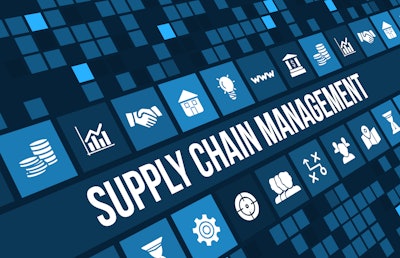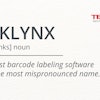
In May, 60% of respondents to Accenture’s latest Pulse of Change survey said they expect faster revenue growth, down 20% from 75% in March. Conversely, 12% now expect revenue growth to slow, twice as many as in March (6%).
“Supply chain and manufacturing executives are increasingly focusing on geopolitical tensions and talent scarcity, and what these issues mean for the business. They are expecting revenue growth to slow. On the other hand, they are becoming less concerned with adapting to changing consumer behavior and technology advancements, which have less imminent impact on the business. Nonetheless, they should keep upgrading the tech side of supply chains which determines the future-readiness of their supply and production networks. Digital capabilities are key to reinventing supply chains, so they become sustainable, resilient, and competitive long-term despite geopolitical uncertainties,” says Patty Riedl, Accenture’s North America lead for supply chain and operations.
Key takeaways:
- With the remainder of 2024 approaching, primary concerns continue to be advancements in technology like artificial intelligence (AI) and automation (50% of respondents); talent scarcity and workforce changes (48%); climate change sustainability issues (48%); adapting to shifts in consumer values and purchasing behavior (43%); risks from cyberattacks and data breaches (42%); increased geopolitical tension (36%); and economic uncertainty (33%).
- Advancements in technology like AI and automation are still executives’ primary concern today at 50%, but less so than in March (57%) and September 2023 (62%).
- Worries about adapting to shifts in consumer values and purchasing behavior are also lessening, stated by 43% of the respondents in May compared to 49% in March and 54% in September 2023.
- Increased geopolitical tension is keeping markedly more executives up at night today (36%) than in March (31%) and September 2023 (27%).
- Similarly, significantly more executives than before monitor talent scarcity and workforce changes with growing apprehension – 48% today vs. 43% in March and 40% in September last year.
- Changes regarding climate change and sustainability issues are well within the margin of error (May: 48%, March: 45%, September 2023: 45%).
- Cyberattacks and data breaches remain a constant concern at 42% today and 45% in March and September 2023, respectively.
- Economic uncertainty remains in last place on executives’ list of concerns at 33% today, 31% in spring, and 27% in September 2023.



















